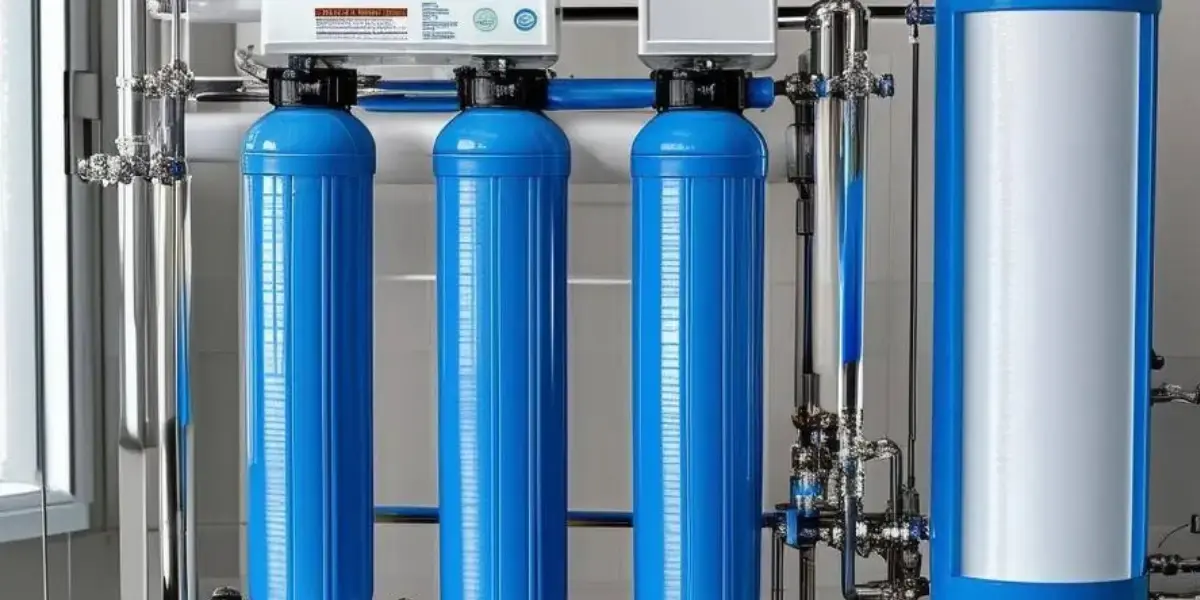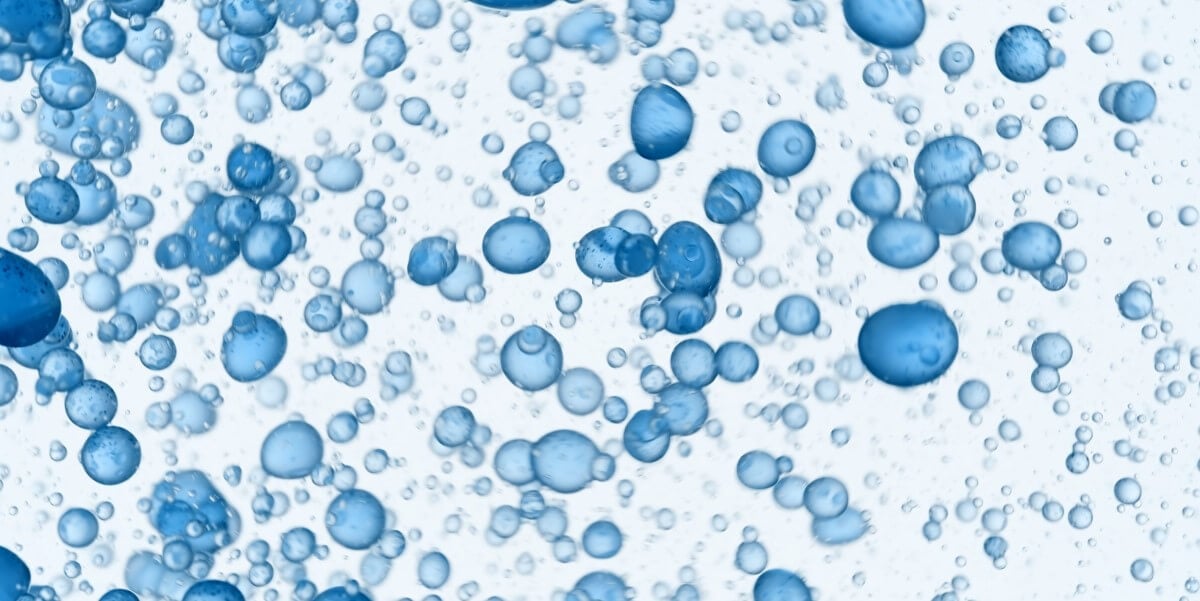Further considerations on water quality in light of Lockdown 3:0
WCS Group continue to operate in a safe and controlled manner during the current pandemic as identified "key workers", keeping water, air and asbestos safe and controlled, and ensuring buildings and properties are able to prove statutory compliance is being maintained during this time.
Considering the most recent announcement that there will be a new national lockdown in England until mid-February and following phased lockdowns in Northern Ireland, Scotland, Wales and EIRE we provide a short summary of our previous findings and learnings from the last lockdowns that we hope will be found useful:- The Health and Safety at Work Act 1974 is still in force and there is a duty for employers and people in charge of buildings to maintain them as safe places during the lockdown, considering reduced staffing on-site and security/ad-hoc necessary visits and ensuring that the building is ready for re-occupation when this is allowed.
- People in charge of a building should consider mothballing systems, or more likely with a more defined lockdown period, ensuring a robust flushing regime is in place.
- WCS Group have already shown that the effect of lockdown is having a negative effect on water quality. A greater than 50% rise in general bacteria levels (TVC) and potentially more concerning, a 20% increase in positive Legionella sample results being returned from independent, UKAS Accredited laboratory testing on a like for like basis is being seen.
- We hypothesise that this is due to a lack of flushing in some cases, but also the way buildings were flushed in a sequential manner - one person being allocated to the task and not mimicking “normal” usages and flow. This potentially leads to a biofilm forming which may be very difficult and time consuming to remove.
Of course, every building and water system is different, but we would strongly advise that during this next period the following is considered:
- Is the water risk assessment up to date and does your written scheme consider “lockdowns” and re-openings, possibly in a phased manner or with reduced staff on site or areas in use?
- Does flushing mimic the normal building use, ensuring all outlets are flushed and flushing occurs from various points in the system at the same time to achieve water velocities in the pipework?
- Do we drain linked tanks (if possible) in a safe manner to reduced stored water?
- Do we fit variable height ball valves in tanks to facilitate changing water demand during times of changing occupation?
- Do we change pipework configurations if the building usage is going to be changed substantially or for the longer term?
- Should we consider a form of secondary disinfection to maximise flushing efficacy and shorten recommissioning time at the end of lockdown?
- Are we checking to verify that the flushing regime is being effective with sampling? Remembering that it may be a few days to receive some results and sampling should be done in good time before any reoccupation and any control measures such as flushing should continue whilst the results are awaited and until the building is re-occupied.
If you are unsure about the water quality in your building, please do not hesitate to contact your WCS Group account manager or contact us at info@wcs-group.co.uk.
Topics: Water Treatment & Hygiene

Written by Jon Greaves
Jon has progressively worked through operational roles, account management, technical management, and senior management roles over the last 16 years within one of the group companies before moving into the role of Water and Air Managing Director. Jon has experience across multiple sectors of water and air compliance, including district energy networks; data centres; healthcare; food and beverage and facilities management. Jon acted as a corresponding steering committee member on CIBSE CP1 – Heat Networks Code of Practice for the UK released in 2020.



